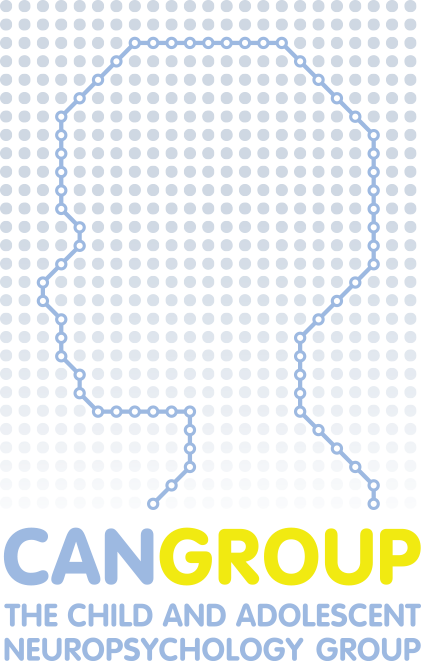Verbal and Visual-spatial Cognitive Abilities (General Intellect)
Verbal and visual-spatial cognitive abilities are components of a child’s general intellectual functioning. Verbal cognitive skills refer to a child’s ability to process and apply knowledge of language based (verbal) information. This includes vocabulary knowledge and verbal abstract reasoning skills (i.e., identifying the association between abstract concepts). Children with difficulties in this area can find literacy tasks (e.g., reading comprehension or written expression tasks) difficult. Difficulties can also occur on math tasks where a child is learning new math concepts, problem-solving, or completing written problems.
Visual-spatial cognitive abilities refer to a child’s ability to perceive, analyse and understand visual information in the world around them. This includes the ability to understand visual relationships (e.g., to solve puzzles, build with blocks) and visual reasoning skills (e.g., analysing, predicting and solving novel patterns/problems). These skills are important in the classroom and in daily life (e.g., math tasks, reading maps, hands on building tasks).
Assessment of general intellectual skills forms an important component of a comprehensive neuropsychological assessment. Understanding a child’s intellectual strengths and weaknesses provides important information about how they take-in, and process verbal and visual-spatial information. This, in turn, allows strategies and supports to be tailored to meet a child’s specific needs. Intellectual assessment results can also assist in making applications to access government (e.g., National Disability Insurance Scheme) and school funding (e.g., Program for Students with Disabilities) if applicable.
Request further information
For general enquiries, please complete the form below.
Alternatively, if you require a booking with one of our Neuropsychologists,
please click here to proceed to our referrals & bookings page.

